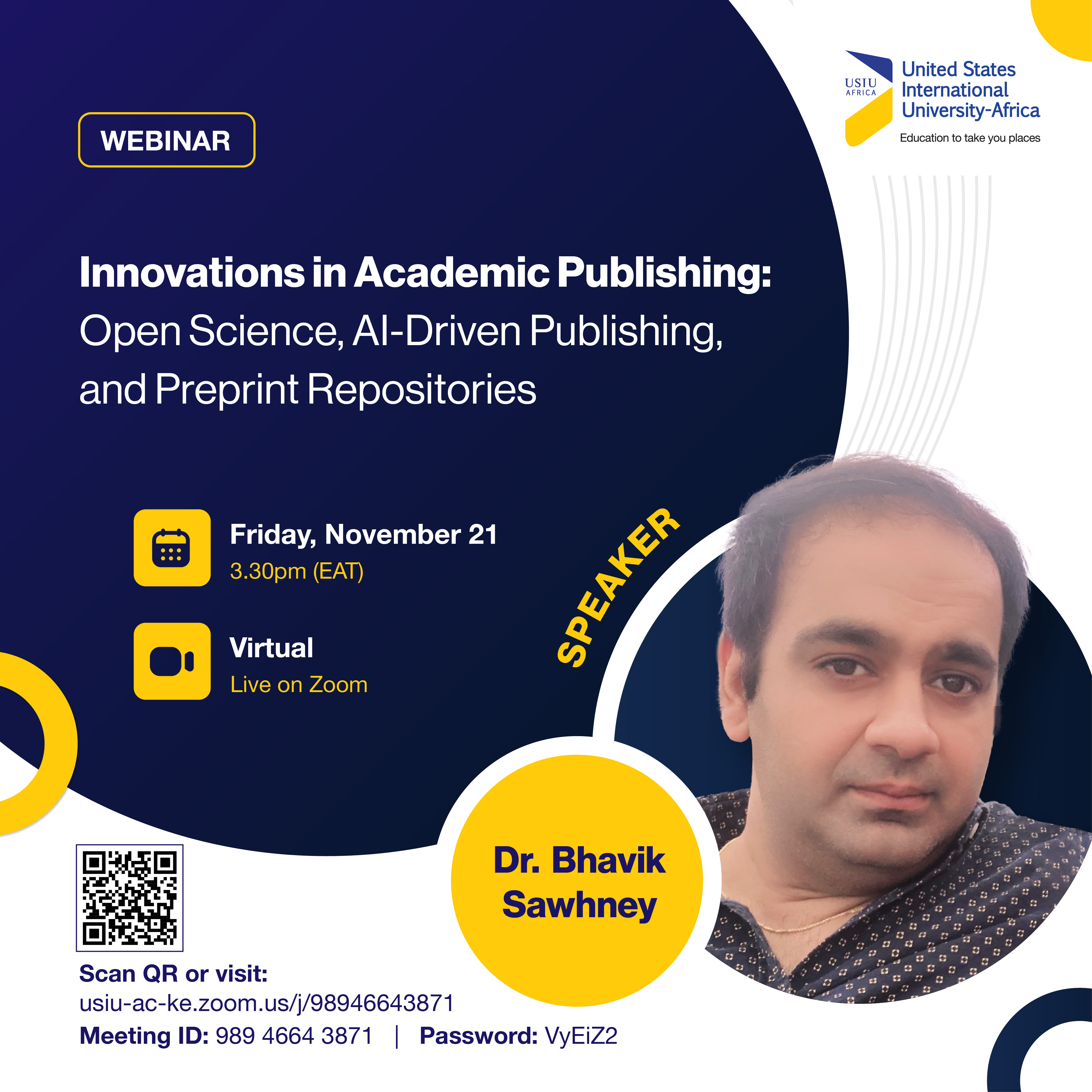How To Manage Your Stress
Identify what is causing you stress
Stress is our response to interaction between external events/demands (what is out there) and internal psychological or physiological response. It can be caused by such things as conflict, loss, uncertainty especially if you are not sure of how to do something, or you have over committed and you are not achieving set goals.
Know and identify the effects of stress on you as shown in the table below:
| Bodily sensations and physical effects | Strong negative feelings | Problematic or risky behaviors | Social conflicts | Negative thoughts |
| - Rapid heart rate, palpitations, - muscle tension, having unexplained aches and pains - headaches, - tremors, - gastrointestinal distress - nausea - inability to relax when off duty, - trouble falling asleep or staying asleep - Eating too much or too little - especially carbohydrates, metabolic issue, diabetes - nightmares or flashbacks - Difficulty getting up in the morning - Lethargy or lack of energy; depletion of what the body needs sodium, potassium, cortisol, adrenalin, drop in blood sugar - Decreased sex life - increased risk to mental health issues | - Worry, - Fear, anxiety, or terror in life - threatening situations or perceived danger - anger, on edge - frustration, scared - argumentativeness, recurring feelings of agitation - irritability - deep sadness, - difficulty maintaining emotional balance - Having low or no energy - Feeling numb or like nothing matters - Feeling helpless or hopeless - Feeling unusually confused or forgetful | - unnecessary risk-taking - failure to use personal protective equipment - refusal to follow orders or leave the scene - endangerment of team members - increased use or misuse of prescription drugs or alcohol, smoking or drugs | - Judgmental - Irritability, anger and hostility, - blaming, - reduced ability to support teammates, - conflicts with peers or family, - withdrawal, - isolation - Yelling or fighting with family and friends - Over-dependence on other people • Resentment • discontentment • Unhappiness • Insecurity | - Having thoughts and memories you can't get out of your head - Thinking of hurting or killing yourself or someone else - Unable to perform daily tasks like taking care of your kids work or school - self-doubt |
Monitor yourself to be able to tell when you are getting stressed
Ensure you use positive coping skills to manage the stress. For example; reach out for help, take time to relax, journal what is happening to you and think of ways to manage the problem or stressor, do physical exercises and also relaxation exercises that involve you just breathing in and out in a relaxed way.
If it is relationship stress, use assertive communication, set boundaries and enhance conflict resolution and management skills. (You may have learnt or will learn this in your SUS class).
If it is work/school/life balance: quality time management is key, have a plan or schedule, delegating where you can be it at work or home will help.
If it is a loss through death, separation or breakup and you are grieving, seek support either from family, friends the counselors here in school or near your residence.
Practice Self-care
Basic self-care will keep your immune system strong and your emotional reserves full. Get enough sleep. Exercise regularly. Eat well. Try mindfulness apps.
Find activities that engage different parts of yourself. Do something physical like dancing. Occupy your mind with puzzles. Engage your senses with hot baths or fragrant candles.
Look for tasks that are not productive that you can postpone or simply eliminate from your to-do list.
Find ways to focus
You might feel unmotivated now. Recognize that the current circumstances are hard for everyone. Don’t judge yourself; just do the best you can. Establish a routine. Get up, go to bed and do your work at the same time every day. Frequent breaks can help you re-engage in your work. Try to create a separate work space, although you should reserve your sleeping area for sleeping. If family members are distracting you, use “I statements” to explain the problem--“I’m worried about my exam next week”—and work together to develop solutions.
Seek out social support
To combat mental health issues, come together with your friends, class mates, Peer Counselors either physically or through technology. We are aware that many of you have WhatsApp groups, keep connecting and keeping in touch.
Even something as simple as turning on your webcam during virtual classes can help you and others feel more connected.
Help others cope
Your classmates and family members could be struggling. You don’t have to fix their problems. It’s enough to let them know they’re not alone.
If you’re a psychology major, graduate or undergraduate or you are a peer counselor help the other students but be sure to address your own concerns and ask your supervisors for help.
Find ways to manage disappointment
For those of us who have internship, dissertation defense or graduation ceremony, or other important events, be patient and be ready to make adjustments. For those awaiting graduation, celebrate but embark on the next phase of your life. Work closely with the USIU-Africa Career and Placement Office (email: careeroffice@usiu.ac.ke) to identify a job or look out for opportunity for job creation and also volunteerism in this period.
Limit your media consumption
Of course, it’s good to stay informed, especially about what’s happening in your area.
But too much news — especially social media — can add to your anxiety. To avoid being overwhelmed, set limits on your media consumption and smartphone use. Cut through misinformation by relying on reputable sources
Focus on things you can control
Other people may be disobeying the rules or doing other things that add to your stress. We ask you to model good behavior and stay safe yourself, recognizing that you can’t control what other people do. You can only control your own thoughts, feelings and behaviors. Another thing you can’t control? The uncertainty about what comes next. Instead of worrying about the future, focus on solving immediate problems now, focus on your classes, you have more time saved since you don’t have to commute to school, use it to go deeper into the concepts you are learning.
Use the library resources provided and carry out research for your classwork assignments immediately your lecturers issue them and also research on other areas of interest.
It is time to learn, grow and expand our knowledge to be better people.
Stay away from Alcohol and Drug abuse
We are in a time when home deliveries for alcohol and even drugs is taking place. We may find ourselves do more alcohol or drugs now that some of us are alone and may have self-control issues or may be having some struggles because of the changes brought about by Covid-19.
Small changes can make a big difference in reducing your chances of having alcohol-related problems. Here are some strategies to try, and you can add what works for you at the end.
Steps to take to be Alcohol and Drug Abuse Free
• Be Aware of your Thoughts
Notice that thought that makes you want to engage in Alcohol and Drug abuse and know that you have a choice to SAY No to yourself. Know your "no." You're likely to have friends who may not be in school or are yet to resume and they may offer a drink at times when you don't want. Have a polite, convincing "no, thanks" ready. The faster you can say no to these offers, the less likely you are to give in. If you hesitate, it allows you time to think of excuses to go along. Build your drink refusal skills.
• Know the limits
The Frequent use, how much, how long and reasons for use of alcohol and drugs is what poses a great danger
Keep track of how much you are drinking and work towards slowing down and eventually stopping the drinking, so that you can concentrate on school work.
If you must drink, Set goals. Decide how many days a week you want to drink and how many drinks you'll have on those days. It's a good idea to have some days when you don't drink. People who always stay within the low-risk limits when they drink have the lowest rates of alcohol-related problems.
Find alternatives. If drinking has occupied a lot of your time, then fill free time by developing new, healthy activities, hobbies, and relationships, or renewing ones you've missed. If you have counted on alcohol to be more comfortable in social situations, manage moods, or cope with problems, then seek other, healthy ways to deal with those areas of your life. Remember, the Counseling center is open and available for you.
Avoid "triggers." What triggers your urge to drink? If certain people or places make you drink even when you don't want to, deal with the unresolved issues or if possible try to avoid them. If certain activities, times of day, or feelings trigger the urge, plan something else to do instead of drinking. If drinking at home is a problem, keep little or no alcohol at home.
Plan to handle urges. When you cannot avoid a trigger and an urge hits, consider these options: Remind yourself of your reasons for not drinking (it can help to carry them in writing or store them in an electronic message where you can access easily). Or talk things through with someone you trust. Or get involved with a healthy, distracting activity, such as physical exercise or a hobby that doesn't involve drinking. Or, instead of fighting the feeling, accept it and ride it out without giving in, knowing that it will soon crest like a wave and pass. Also, see the short module to help you handle urges to drink.
• Know that Legality doesn’t mean harmlessness
As much as alcohol and cigarette smoking is legal, irresponsible and excessive use is harmful. Illegal drug use and abuse is harmful to your health and life in general.
• Maintain your Brain Power
Value and Protect the executive functioning of the brain (memory, learning, long term planning and investment, impulse control) which gets affected by Marijuana use, excessive alcohol consumption, smoking, illegal drug use and abuse of prescription drugs. Let us prevent substance abuse disorders, negative effect like violence and even psychosis.
Don’t feel alone, USIU-Africa cares and are available and ready to serve you.





